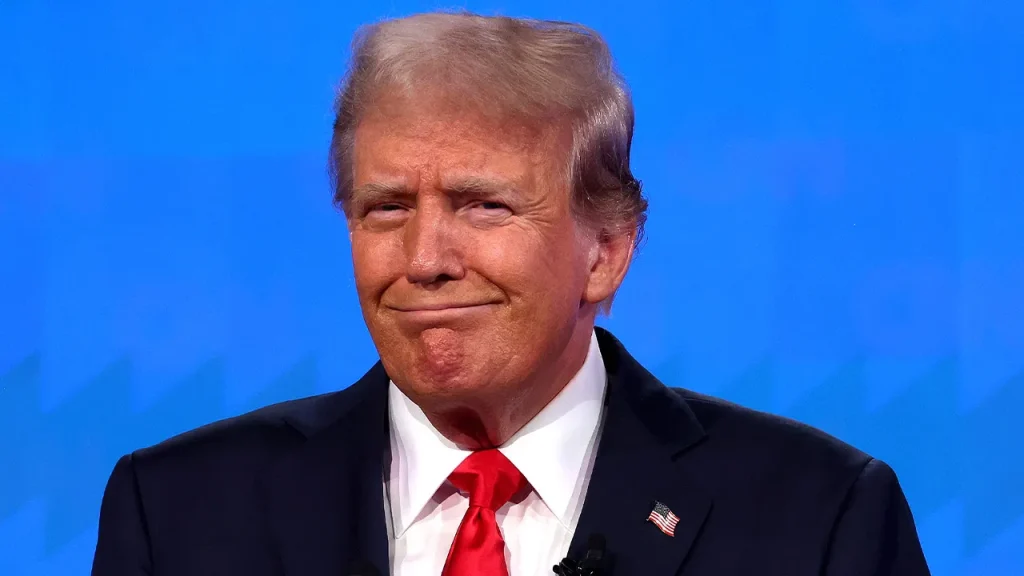Former President Trump has recently seen a number of legal victories, which have put a pause on several cases that could have complicated his campaigning during the upcoming general election season. The Supreme Court ruled in Trump v. United States that a former president has substantial immunity from prosecution for official acts in office but not for unofficial acts. This immunity applies equally to all presidents, regardless of their politics, policy, or party. The question of presidential immunity arose from special counsel Jack Smith’s Jan. 6 case against Trump, which was put on hold pending the Supreme Court’s ruling. As a result, any charges related to official presidential acts were wiped out.
The Supreme Court’s ruling led to a request from Trump’s lawyers to delay the former president’s sentencing in New York v. Trump. Trump had been found guilty on all counts of falsifying business records in the first degree after an unprecedented criminal trial. The sentencing was originally scheduled for July 11, before the Republican National Convention, but it was postponed to September 18. Trump’s lawyers later asked the judge to overturn the guilty verdict based on the Supreme Court’s immunity ruling, arguing that evidence of official acts should not have been allowed during the trial. The motion is currently pending a ruling.
In a separate case, U.S. District Judge Aileen Cannon dismissed special counsel Jack Smith’s classified records case against Trump, citing the unlawful appointment and funding of Smith. Trump faced charges related to the improper retention of classified records at Mar-a-Lago but pleaded not guilty to all counts. Cannon’s ruling was based on the Appointments Clause in the Constitution, which requires certain officers of the United States to be appointed by the President with Senate approval. Smith was never confirmed by the Senate and is appealing the ruling.
In Fulton County, Georgia, District Attorney Fani Willis had charged Trump with alleged 2020 election interference. Trump pleaded not guilty to all counts, and the judge dismissed six charges for lack of detail in Willis’ allegations. The case faced additional setbacks when it was revealed that Willis had an improper affair with a prosecutor she hired for the case. The Georgia Court of Appeals has paused the proceedings until October to hear the case to disqualify Willis. Trump’s appeal for her disqualification will be heard in December.
In civil cases, Trump’s attorneys could use the Supreme Court ruling on presidential immunity in his defense. In the defamation case brought by columnist E. Jean Carroll, Trump was ordered to pay over $83 million in damages after denying allegations that he raped her in the 1990s. The jury found that Trump’s denial, made while he was president, resulted in harm to Carroll’s reputation. Trump is also appealing a civil fraud ruling that required him to pay over $450 million after a lawsuit by New York Attorney General Letitia James. Trump’s legal team filed paperwork calling this ruling unconstitutional.
Overall, Trump’s legal victories in recent weeks have provided him with temporary relief from several cases that could have impacted his campaigning during the general election season. The Supreme Court’s ruling on presidential immunity has been a key factor in these victories, prompting delays in sentencing and dismissals of cases against him. Trump’s lawyers are utilizing this ruling to defend him in ongoing civil cases, including defamation and fraud suits, seeking to avoid significant financial consequences. Despite these legal wins, Trump still faces challenges in court, particularly in cases related to election interference and improper conduct by government officials.


